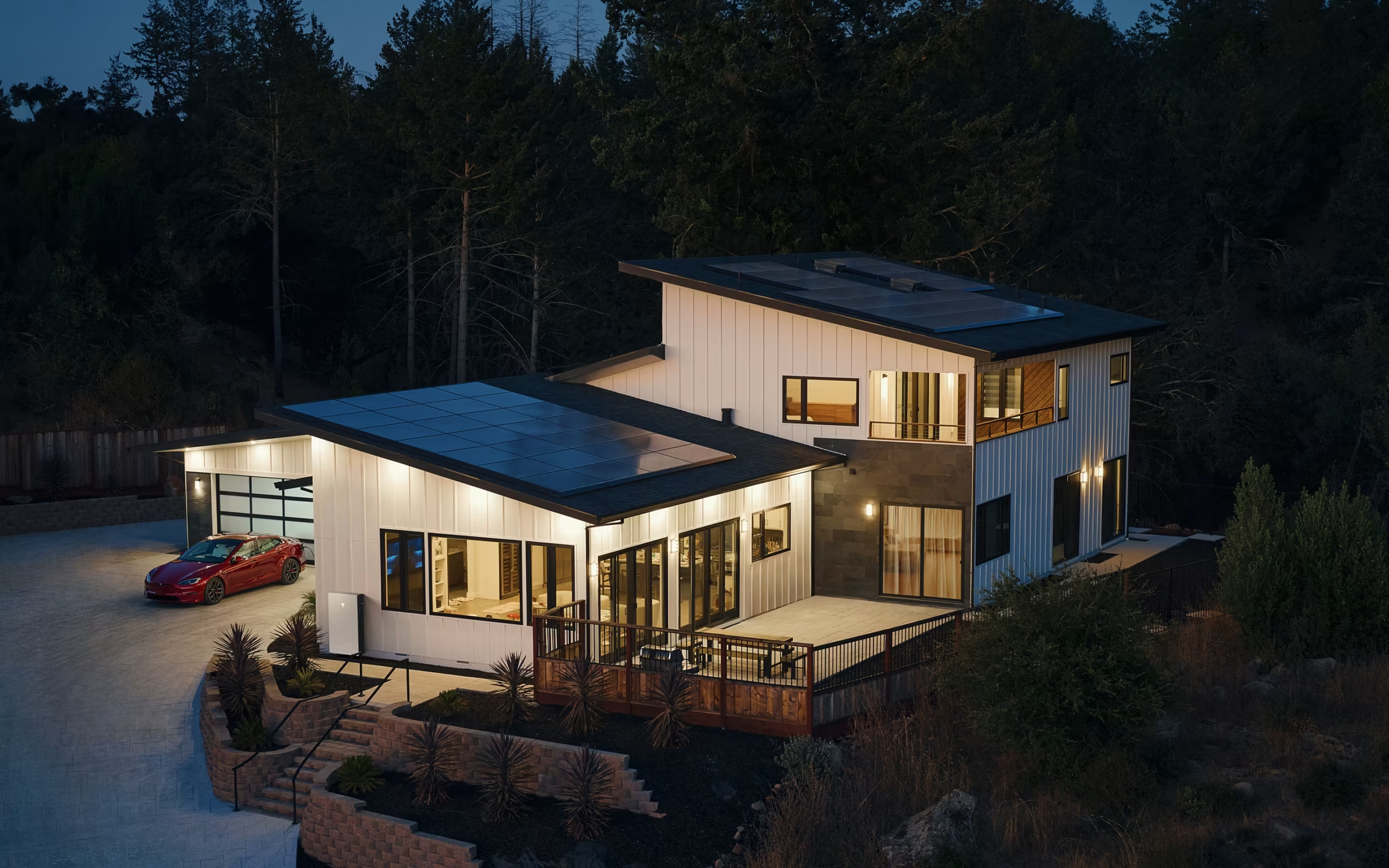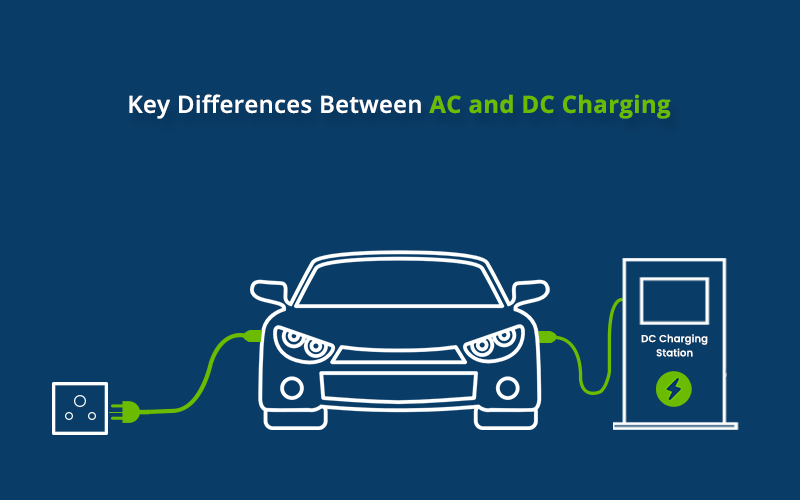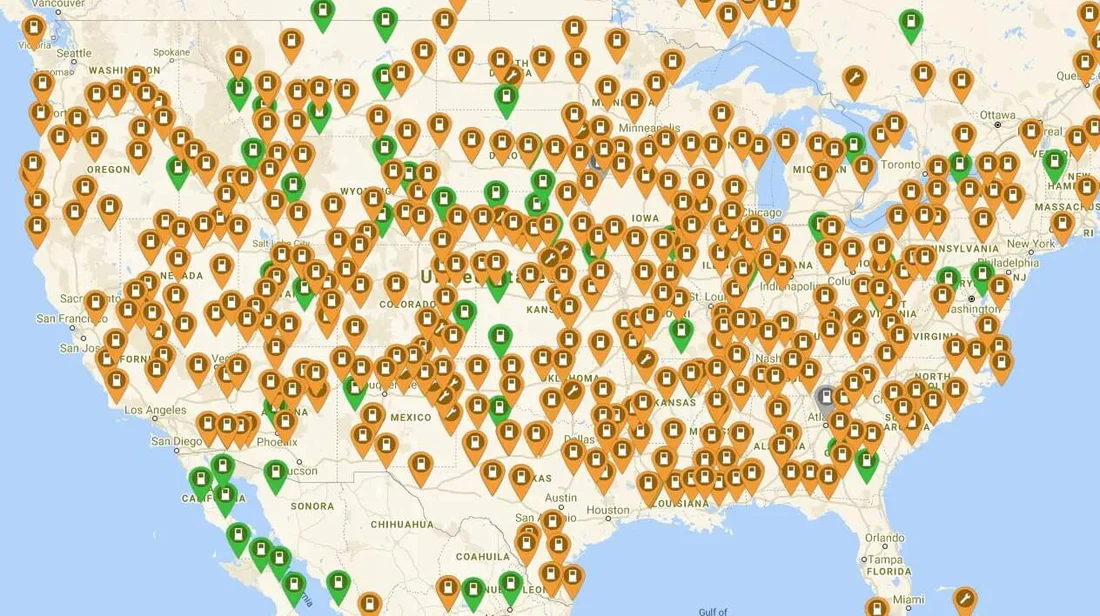Introduction
As the world moves towards sustainable energy solutions, solar panels have become an increasingly popular option for homeowners. But is solar energy right for your home? This guide will help you understand the key factors to consider when selecting solar panels, how to store solar energy, and whether you can sell excess electricity in European countries. Additionally, we will explore estimated costs and other crucial details to help you make an informed decision.
Factors to Consider When Choosing Solar Panels for Your Home
- Roof Suitability: Not every home is suitable for solar panels. Factors like roof angle, direction, and shading significantly affect efficiency.
- Energy Needs: Calculate your household’s average energy consumption to determine the required system size.
- Panel Efficiency: Higher efficiency panels generate more electricity but tend to be more expensive.
- Durability and Warranty: Look for panels with long-term warranties (typically 20-25 years) and high durability ratings.
- Local Climate: Solar panels perform differently based on geographic location, weather patterns, and temperature.
- Installation and Maintenance Costs: Consider the total cost of installation, including inverters and mounting systems.
- Government Incentives: Many countries offer subsidies, tax credits, or incentives for solar panel installations.
Is Solar Energy Suitable for Every Home?
While solar panels can be beneficial for many homes, some may not be suitable due to:
- Insufficient sunlight due to geographical location.
- Roof conditions that cannot support solar panel installation.
- Local regulations or homeowner association restrictions.
- High initial investment costs compared to expected savings.
How to Store Solar Energy
To maximize the benefits of solar energy, homeowners can store excess electricity using:
- Battery Storage Systems: Lithium-ion and lead-acid batteries store energy for use at night or during cloudy days.
- Grid-Tied Systems: Surplus energy is sent back to the grid in exchange for credits (net metering).
- Hybrid Systems: Combines battery storage and grid connection for optimal flexibility.
Selling Solar Energy in European Countries
Selling excess solar electricity is possible in many European countries, but regulations vary. Countries that allow homeowners to sell back solar energy include:
- Germany: Feed-in tariffs (FiTs) allow selling electricity at government-set rates.
- United Kingdom: Smart Export Guarantee (SEG) pays for surplus electricity exported to the grid.
- France: Homeowners can sell electricity to EDF under a long-term contract.
- Netherlands: Net metering allows energy sales at the same rate as purchase prices.
- Spain: Compensation for excess solar energy is available but subject to specific conditions.
Before installing a system, check local laws and grid connection policies.
Estimated Cost of Installing Solar Panels
The cost of installing solar panels varies based on location, system size, and equipment quality. Estimated costs include:
- Solar Panels: $0.90 – $1.50 per watt.
- Inverter: $1,000 – $3,000.
- Battery Storage: $5,000 – $15,000 (optional).
- Installation & Labor: $3,000 – $10,000.
- Total System Cost: $10,000 – $30,000 for an average residential setup.
Government incentives and tax credits can reduce these costs significantly.
Conclusion
Solar energy is a sustainable and cost-effective solution for many homeowners. However, proper evaluation of roof conditions, energy needs, and financial feasibility is essential before investing. Storing excess energy using batteries or grid-tied systems can enhance efficiency, and in some European countries, homeowners can even sell their surplus energy for profit. With the right planning and investment, solar panels can be a great addition to your home.



